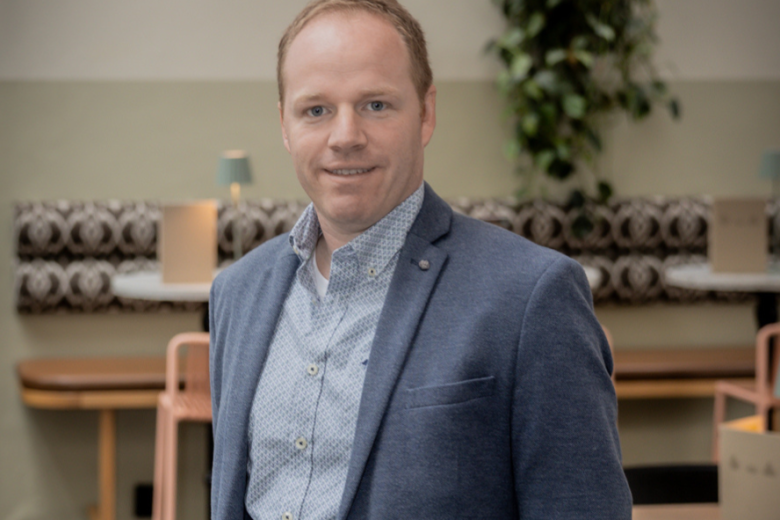'Offer addicts early trauma treatment'
One in three addicts suffer from post-traumatic stress disorder (PTSD). To ensure that addicts reap lasting treatment benefits, it's often necessary to treat them for underlying traumas as well, according to a doctoral research study conducted by psychologist Nele Gielen who obtained her PhD from Maastricht University on 29 April 2016. Gielen has worked at the addiction healthcare department at the Mondriaan GGZ institute (Dutch Association of Mental Health and Addiction Care) for the past ten years, where she started her doctoral research study in 2008.
Nele Gielen has worked with many addicts who suffer from the effects of a traumatic experience. One of them was Jean: a 52-year-old alcoholic who was unable to overcome his addiction despite six hospital admissions. When Gielen first met Jean, he had recently admitted to being sexually abused between the ages of twelve and seventeen by someone he knew. Alcohol helped him cope with the resulting nightmares and flashbacks. During previous treatments, Jean was never asked about any traumatic experiences he may have suffered and never received a validated questionnaire to asses this. This type of questionnaire is necessary to determine whether patients suffer from post-traumatic stress disorder (PTSD).
Relapse
Gielen's study found that one in three patients who receive addiction treatment suffer from PTSD. And Jean was no exception. PTSD is often underdiagnosed and undertreated. Many addiction care professionals underestimate how common the disorder is and sometimes intentionally avoid the issue based on the assumption that the patient will not benefit from reliving the past.
Gielen examined the relationship between PTSD symptoms and addiction and how the disorder affects treatment. Her study found that addicted patients who suffer from PTSD crave alcohol or drugs more strongly and lack the necessary skills to deal with setbacks. This makes them extremely susceptible to relapse and requires targeted treatment. Gielen's studies stress the importance of pairing addiction treatment with trauma treatment and not, as was previously recommended, waiting until patients had been abstinent for several months.
Successful treatment
Based on her initial research results in 2010, the Mondriaan institute agreed to let Gielen set up a separate trauma and addiction department. The department helps patients develop new skills to deal with trauma triggers and everyday stressors. This is followed by a confrontation phase in which patients are exposed to their traumatic memories in the form of eye movement desensitisation and reprocessing (EMDR) or exposure therapy. Patients are also treated for their addiction at the same time.
Jean was one of the first patients to be successfully treated at the new trauma and addiction department. He is still sober and no longer suffers from nightmares or flashbacks.
Gielen continued her studies and currently works as a psychologist specialising in psychotraumatology. She will soon be licensed as a professional EMDR practitioner. Gielen stresses the importance of screening for PTSD in addicts and other patients who receive treatment at psychiatric hospitals. In many cases, these patients also suffer from underlying traumas and untreated PTSD.
Also read
-
Young people in higher education mainly choose based on their interests. A better link with labour market opportunities is needed.
Against the backdrop of structural labour market shortages, it is of social importance that young people choose courses that not only match their interests and talents but also lead to occupations with good employment prospects and social value, particularly in sectors such as healthcare, education...

-
From Study to Startup: The story behind Famories
When Lennie and Neele graduated, while many of their classmates were busy fine-tuning CVs and stepping into roles at top companies, they took a detour by recording podcasts with their grandmas. What began as a charming way to cherish family memories has blossomed into Famories, a vibrant startup...

-
Is prevention cheaper than cure?
Preventing disease is not always cheaper than treating it — but it can be vital for keeping healthcare affordable and accessible. Professor Mickaël Hiligsmann (VHC), newly appointed Professor of Health Preferences and Economics of Prevention at CAPHRI, studies how preventive measures can deliver...
